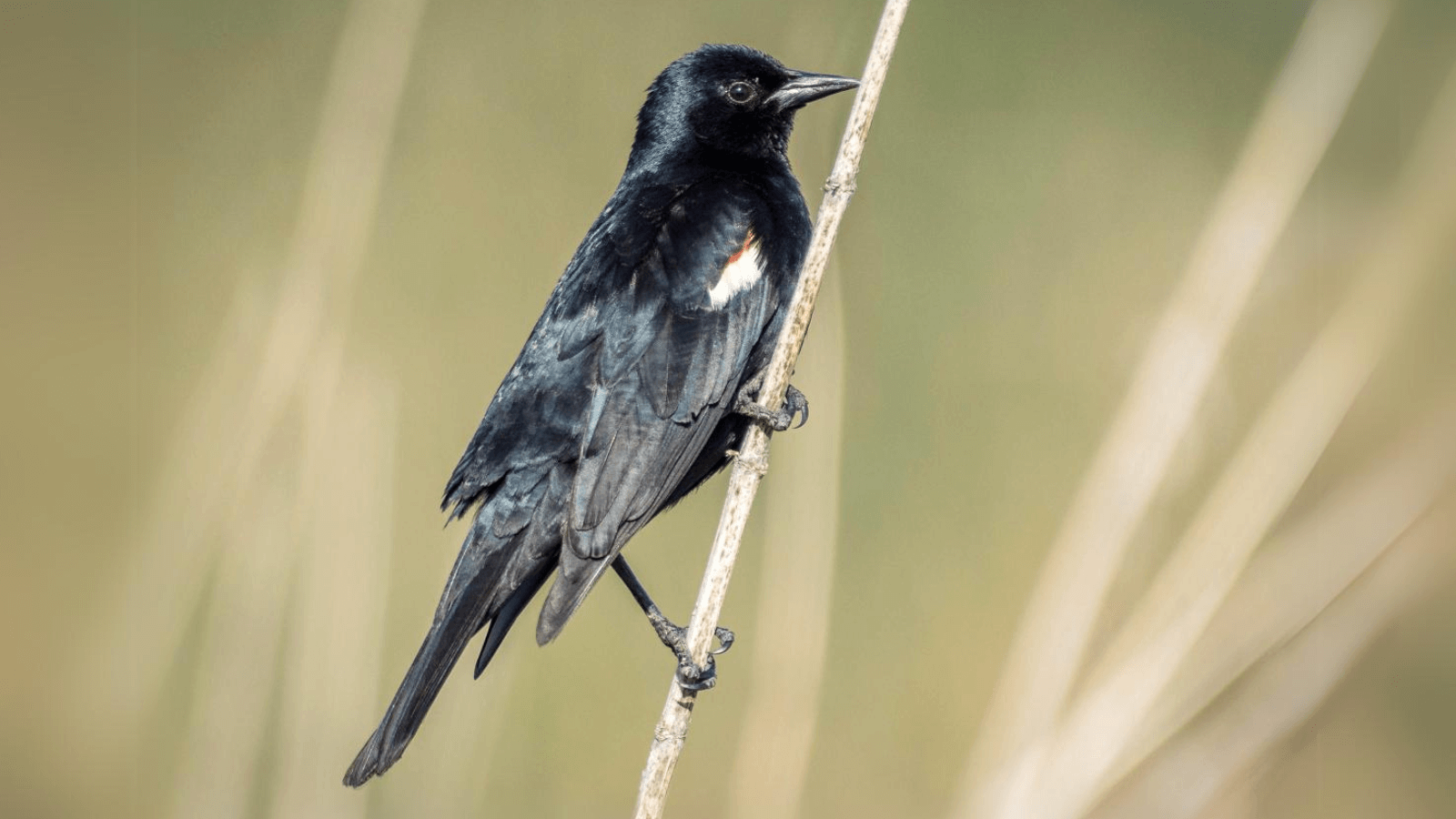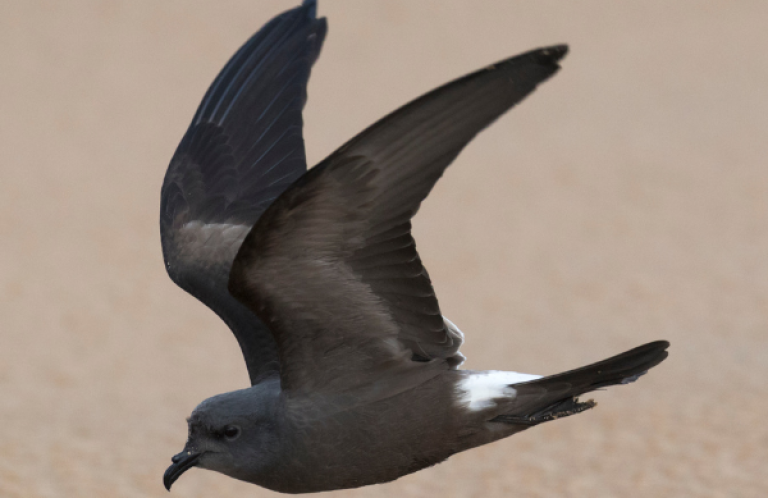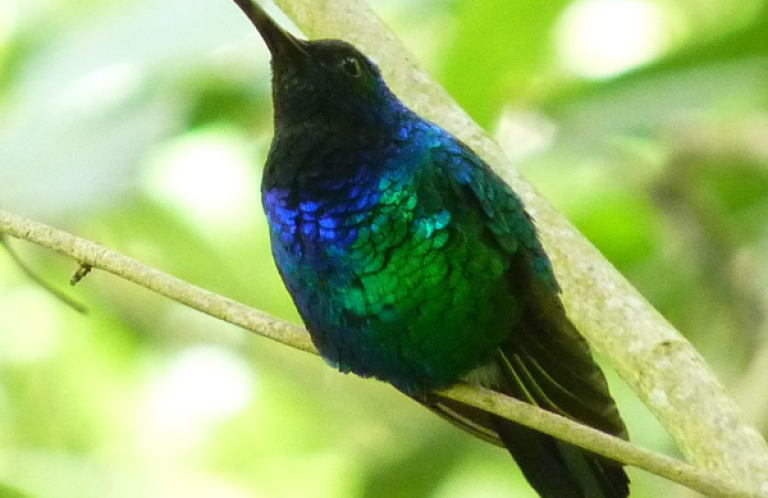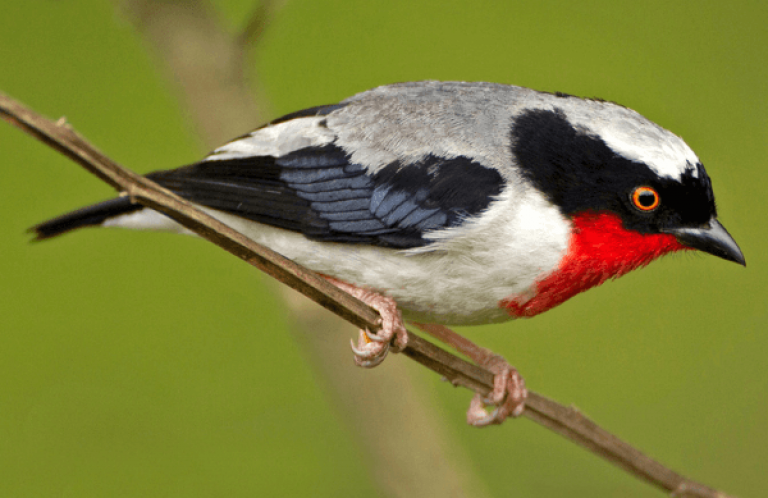1.1 Million Acres in California Protected from Dangerous ‘Neonic' Insecticides

After years of advocacy, the California Fish and Game Commission has finalized a rule in its “Department Lands” regulation package that prohibits the California Department of Fish and Wildlife (CDFW) from using neonicotinoid pesticides — often called “neonics” — on state wildlife refuges and other land under its jurisdiction. The regulation comes in response to a 2017 petition submitted by American Bird Conservancy (ABC), represented by Earthjustice, detailing the devastating impact of neonics on native bird species. The regulations apply to the over 1 million acres of fish and wildlife habitat, ecological reserves, and wildlife areas spanning every major ecosystem, managed by the CDFW across the state. The rule takes effect July 1, 2024.
Infamous for their role in causing colony collapse in honey bee colonies, neonics are water soluble, “systemic” insecticides that are absorbed into plants and render the entire plant toxic. According to researchers, neonics are lethal to birds and dangerous to the aquatic systems on which they depend. A single seed coated with neonics is enough to kill a songbird, and exposure to far less of these insecticides during egg-laying season can impair reproduction. Neonics are also lethal to many terrestrial and aquatic invertebrates including butterflies, bees, earthworms, and mayflies, which provide critical food sources for birds and other wildlife.
“California is home to dozens of state and federally listed bird species including the Least Bell's Vireo, Western Snowy Plover, and Tricolored Blackbird, to say nothing of the millions of individual birds that migrate through and nest in the state. By prohibiting neonics on state lands, the Fish and Game Commission has made California a leader in habitat protection for all wildlife that serves as a model for the rest of the country,” said Hardy Kern, ABC's Director of Government Relations, Birds and Pesticides Campaign.
“Systemic insecticides like neonicotinoids have no place on public lands. They are harmful to a wide variety of species and the biodiversity throughout ecosystems. We thank the California Fish and Game Commission for adopting this new regulation that will help protect California's birds, bees, and beyond,” said Greg Loarie, Earthjustice attorney.
###
American Bird Conservancy (ABC) takes bold action to conserve wild birds and their habitats throughout the Americas. Inspired by the wonder of birds, we achieve lasting results for the bird species most in need while also benefiting human communities, biodiversity, and the planet's fragile climate. Our every action is underpinned by science, strengthened by partnerships, and rooted in the belief that diverse perspectives yield stronger results. Founded as a nonprofit organization in 1994, ABC remains committed to safeguarding birds for generations to come. Join us! Together, we can do more to ensure birds thrive.
Media Contact
Jordan Rutter
Director of Communications
media@abcbirds.org


















































